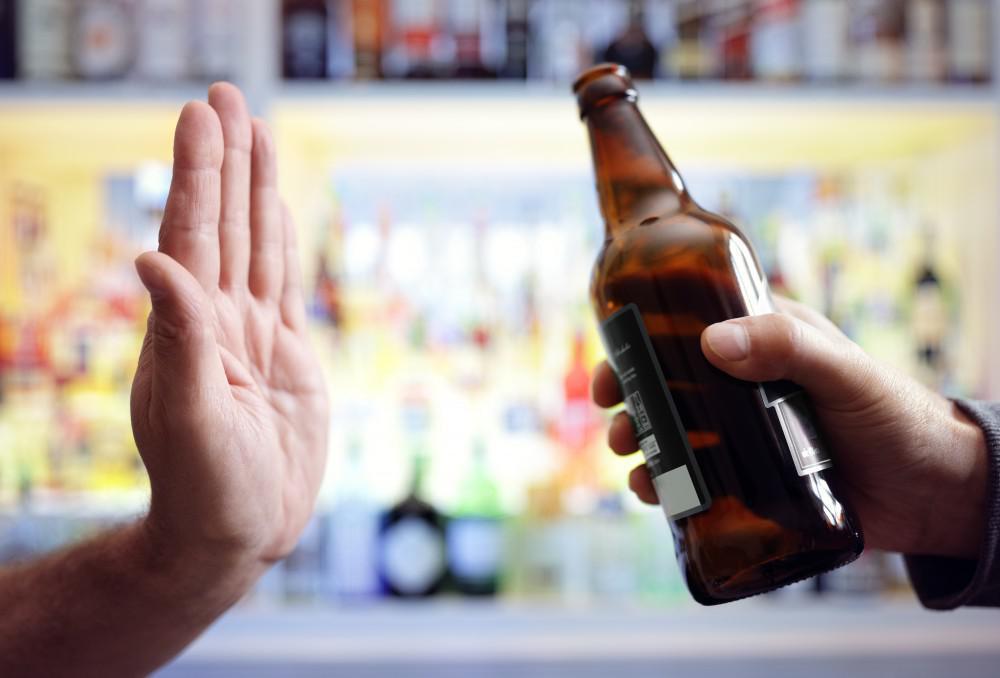
5 Tips for Staying Sober
You’ve done the work to become clean and sober, and you want to do what you can to stay that way. Here are five great tips that will help you safeguard your freedom from a substance use disorder.

The last time the United States conducted a survey on drug and alcohol use disorders was in 2017, and researchers found that nearly 20 million people over the age of 12 qualified. We suspect this number has grown higher in recent years, fueled by the global pandemic.
However you came to a substance use disorder, you’ve taken the necessary steps to get clean and sober, and you want to stay that way.
The team here at Northview Wellness shares that same goal. While we offer critical tools, such as medication-assisted treatments and recovery support, there
are also some steps you can take on your own. Here, we review five of those.
When you have a substance use disorder, it’s likely that you have certain triggers that drive you to use. It could be certain people, feeling anxious, or that Sunday night dread of the coming work week.
It’s important to spend some time identifying your triggers and finding other ways to handle them. For example, you should avoid people and places that you
associate with drinking or using. Or, you can choose a fun activity for Sunday night so you’re not sitting at home getting worked up about the Monday morning
blues.
One of reasons why support groups are so successful is that you’re connected to people who are going through the same experiences and struggles as you.
Through sharing these experiences and finding out that you’re not alone, you gain much-needed strength to continue forward knowing the path is well-worn.
Whether you have friends in recovery or you join a 12-step group, connection surrounding this issue is important.
It’s often said in recovery groups that one of the most difficult things is picking up the phone and asking for help. We want you to know that we’re here every
step of the way, and if you’re struggling more than usual and you’re afraid of relapsing, pick up that phone and call us.
We can provide you with the direction and tools you need to weather the tough times.
It might seem cliche, but the concept behind, “One day at a time,” is incredibly powerful when applied to your recovery. Instead of looking ahead to a lifetime
without drugs or alcohol, take it day by day. Today, you’ll do what you can to not drink or use. Anything beyond that is a future concern and doesn’t serve you for today.
One of the best ways to stay clean and sober is to make some changes and try new things. Think about something you’ve always wanted to do — go mountain
biking, take piano lessons, learn how to cook — and make this the time you try.
Engaging yourself in new activities helps to reset your brain more quickly and changes old habits and behaviors that you might associate with drinking and
using.
There are plenty more tips for staying sober, and we’re happy to sit down with you to come up with a good plan. To get started please contact our office by
phone or email to set up a consultation.

You’ve done the work to become clean and sober, and you want to do what you can to stay that way. Here are five great tips that will help you safeguard your freedom from a substance use disorder.

The connection between a substance use disorder and a mental health issue is a strong one, as the nearly eight million Americans who have a co-morbidity prove. When this occurs, treating both issues is paramount.

Addiction is a chronic disease that requires constant vigilance and good management. When a person falls short, relapse can occur. If you’re worried that a loved one has relapsed, here are some signs to look out for.

You believe that you’re drinking isn’t normal anymore, and you’re tired of the overwhelmingly negative effects that alcohol is having on your life. The good news is that alcoholism is highly treatable.

The rise in availability of telehealth services has been great news for those who need (or would prefer) to receive quality health care from the comfort of their own homes. These services also extend to substance use disorders.

Whether you’ve tried to break your opioid addiction before or this is your first attempt, why not greatly increase your chances of success with Sublocade®? Here’s a look at how Sublocade can ease your recovery journey.